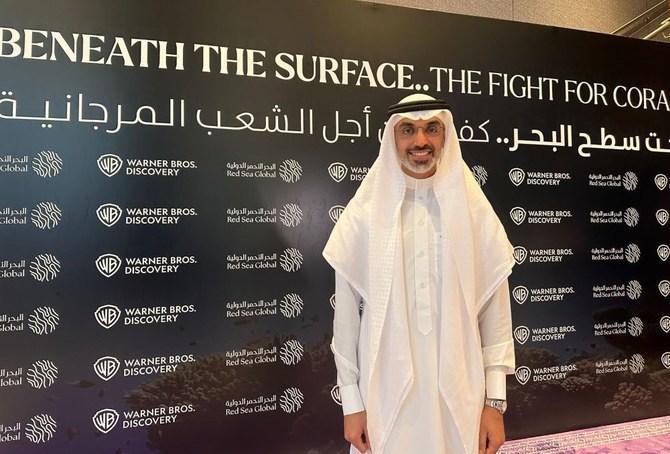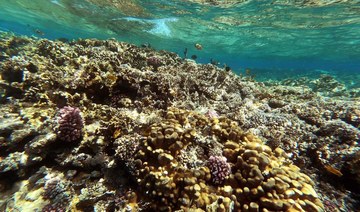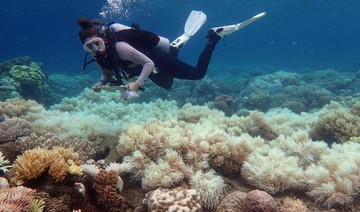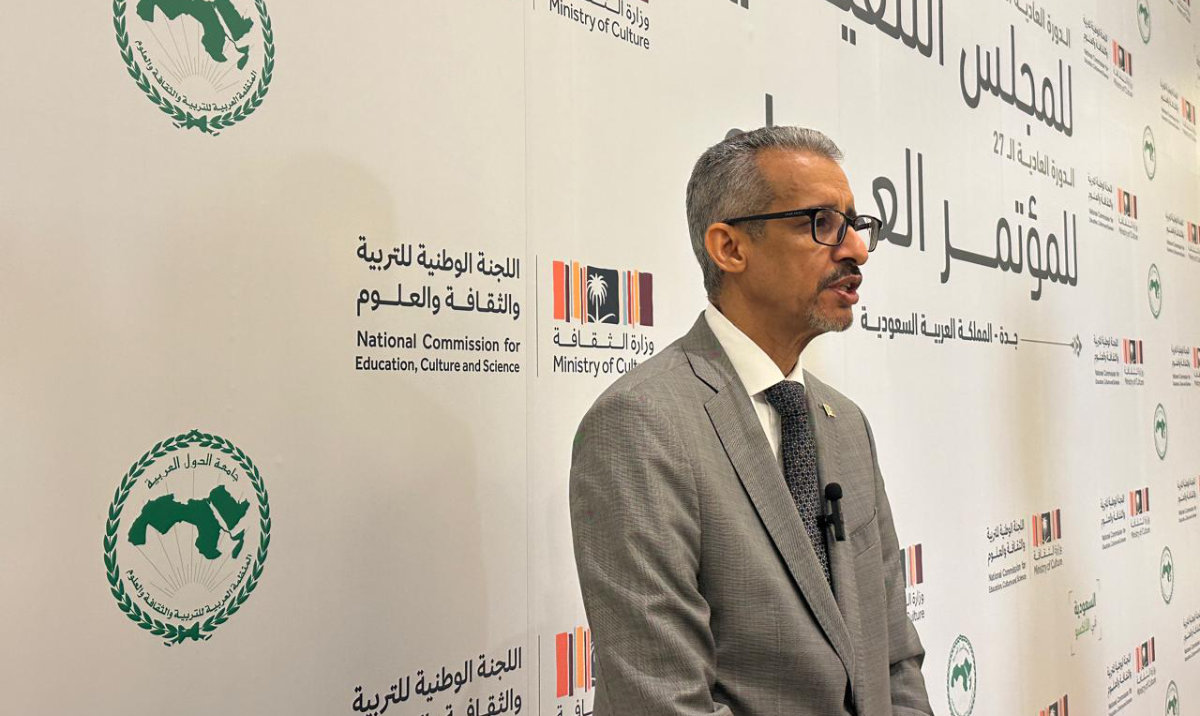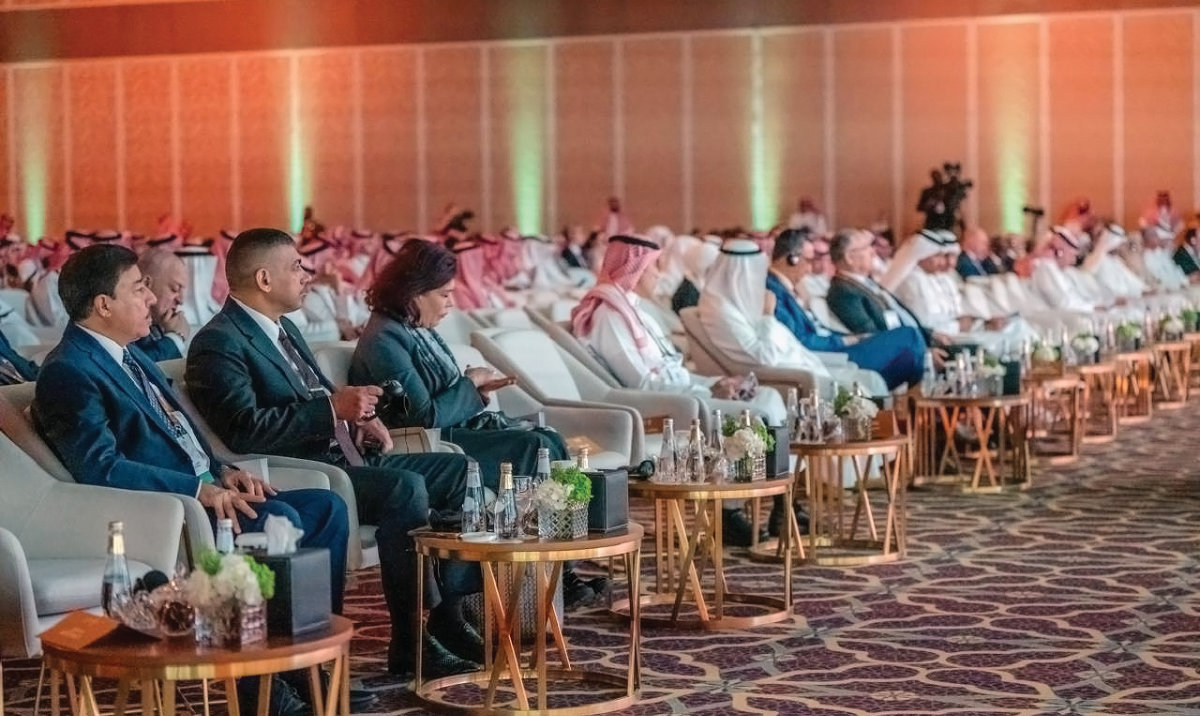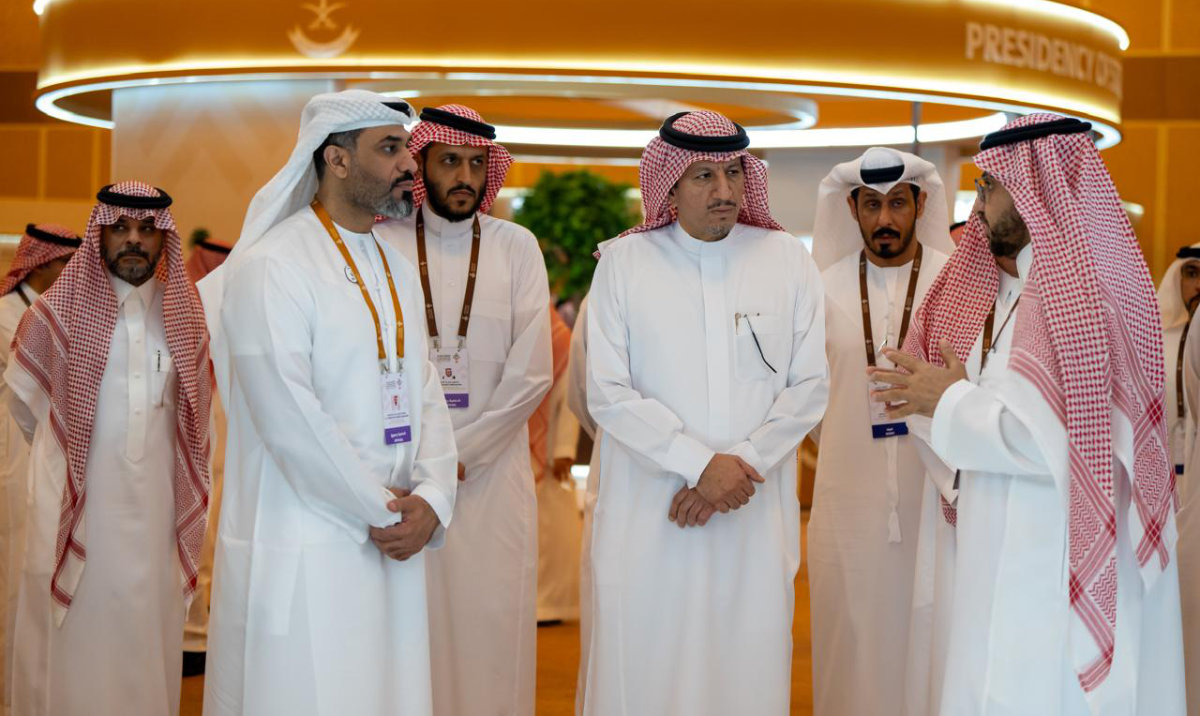JEDDAH: A documentary on the plight of coral reefs, “Beneath the Surface: The Fight for Corals,” produced by Red Sea Global in collaboration with Warner Bros. Discovery, was recently screened for an audience of ocean enthusiasts in Jeddah.
The 45-minute documentary released on Earth Day follows Saudi free diver and environmentalist Salma Shaker on a journey of discovery and hope, in the process highlighting the unique resilience of Red Sea corals and their potential contribution to global coral health.
Currently airing on the Discovery channel in over 130 countries, viewers are taken on a journey into the depths of the sea where these vibrant underwater ecosystems are found.
At its core, “Beneath the Surface” aims to shed light on the undiscovered treasures of the Red Sea’s coral reefs, highlighting their biological diversity and vital role in sustaining the global ecosystem.
“The coral reefs in the oceans are the backbone of the planet’s entire ecosystem on which humans survive,” the documentary says. “However, pollution and climate change are threatening their survival.”
Shaker is portrayed in the documentary as a Saudi youth role model, inspiring others to prioritize the protection of the Red Sea’s ecosystem and its coral reefs.
The documentary delves into her relationship with her father, who has been a pivotal figure in shaping her connection to the sea. A marine geologist, fisherman, and diver himself, he instilled in her and her siblings a deep love for the ocean.
She told Arab News: “The core concept of the movie revolves around how the resilience of Red Sea corals in the face of climate change can offer hope for coral reefs worldwide. Without giving too much away, the movie explores this idea in depth, and I believe the message will resonate strongly with viewers.”
She added that she has visited Red Sea Global many times, and seen the corals’ “awe-inspiring” beauty.
“The untouched and protected corals create an underwater paradise that feels like stepping into an aquarium. Every aspect, from the marine life to the vibrant colors, is simply breathtaking,” she noted.
Red Sea Global’s commitment to marine environment protection is evident throughout the film, underscored by its dedication to sustainable development practices as the bedrock of its mission.
Raed Albasseet, group chief environment and sustainability officer at Red Sea Global, told Arab News: “Partnering with Warner Bros. to produce this film is an additional step we’ve taken. Our primary objective is to deliver the highest quality content to the broader public, including the Saudi population and especially the youth.
“We aim to showcase the beauty of these coral reefs, their significance to the economy, and their importance to humanity as a whole. Through this film, we hope to inspire individuals to take an active role in preserving and enhancing these invaluable ecosystems for future generations.”
Since around 2016 and 2017, Red Sea Global has collaborated extensively with various platforms within King Abdullah University of Science and Technology, he added.
Speaking about these environmental efforts to protect coral reefs, Albasseet explained: “Working with scientists, we’ve documented the environmental significance of our development sites, guiding master planning and project development. Leveraging this expertise, we’ve implemented long-term programs to protect corals during development and operations, aiming to enhance coral growth.”
They have also launched pilot projects for coral enhancement across ambitious regenerative tourism destinations The Red Sea and AMAALA, facilitating future coral growth. “Beneath the Surface” documents the company’s unveiling of Corallium, the new brand for its Marine Life Centre in AMAALA, at COP28 last November in Dubai. “Our Corallium project in AMAALA underscores our commitment to coral preservation and growth,” he added.
Omar Al-Attas, head of environmental protection and regeneration at Red Sea Global, told Arab News: “The breathtaking beauty of Saudi Arabia’s marine ecosystem is a gift that must be showcased and shared with the world. It's a shared responsibility for us all to focus on protection, conservation, and enhancement efforts.”
Speaking about the documentary, Al-Attas added: “In addition to raising awareness through this film, we want to shine a spotlight on the comprehensive initiatives undertaken by Red Sea Global to preserve, conserve, and enhance the environment. As the saying goes, ‘You can’t clap with one hand’ — success requires collective effort. Together, we can create a success story to inspire and educate the world.”
Through its Coral Gardening Pilot Project, Red Sea Global is monitoring around 300 reef sites, testing coral farming techniques, and establishing several floating marine nurseries to conserve and grow rescued coral populations, with a success rate of about 97 percent.
The multi-project developer is keen on utilizing the latest technologies in coral cover monitoring, employing robots and adopting machine learning approaches, capturing three-dimensional images and assembling them into digital twins. This enables scientists to identify potential negative events and respond to and solve them rapidly, such as coral bleaching and the arrival of invasive species.





